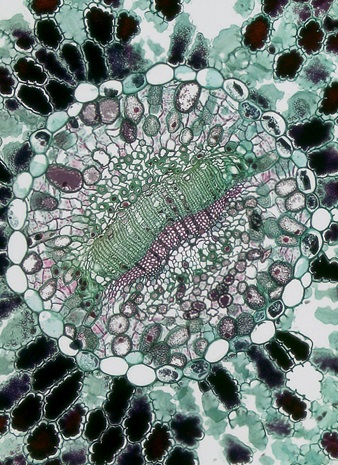Research Interests: Vascular biology, Atherosclerosis, Inflammation, Diabetic complications.
Model Systems for Biomedical Research
| Model systems are non-human species or other, non-living systems that provide a simplified background in which to study specific biological phenomena, diseases, molecular pathways and behaviours. Scientific research using model systems has taught us much of what we know about biology, identifying the fundamental properties of how cells grow and divide, how genetic properties get passed from one generation to the next, and how we store and use energy. The findings from this research are leading to novel methods for maintaining health and for diagnosing and treating disease in humans. By studying model organisms, such as C.elegans (worm), drosophila melanogaster (fruit fly) and Danio rario (Zebrafish) UCD School of Biomolecular and Biomedical Science (SBBS) scientists are learning more about growth and development, as well as finding out about what drives behaviours such as learning, memory and addiction. The findings from this research are leading to novel methods for maintaining health and for diagnosing and treating disease in humans. Diseases being studied include Bardet-Biedl syndrome, motor neuron disease, diabetes and eye disease. In addition the study of model organisms is also contributing to our understanding of the function of complex organs including the heart, kidney and brain. |
 |
|---|
Research Interests: Cilia, C. elegans, intraflagellar transport, Ciliopathy, intracellular trafficking, Bardet Biedl syndrome, basal body, flagella, model organisms.
Research Interests: (opens in a new window)BREAST-PREDICT; biomarkers; breast cancer; melanoma; proteomics; tumour progression.
Research Interests: Model organisms, Xenopus; Aven; apoptosis; cell cycle regulation.
Research Interests: Alzheimer’s disease; Electrophysiology, Synaptic transmission and synaptic plasticity; Mechanisms of neurodegeneration and regulation of neuronal signaling.
Research Interests: Vision and Blindness, Ocular Pharmacology and Genetics; Colorectal Cancer; Vascular Biology, Neurodegeneration; Drug Discovery and Delivery; Zebrafish models.
Research Interests: Memory function; neuropsychiatric disease; neurotherapeutics; Multiple Sclerosis.
Research Interests: Synaptic plasticity, Pro-inflamatory cytokines, hypoxia, Fast scan voltammetry.
Research Interests: molecular mechanisms underlying neurodegeneration in human disorders; role of endoplasmic reticulum (ER)-mitochondrial contacts in neurons; model organism: fruit fly Drosophila melanogaster; neurodegenerative disorders.